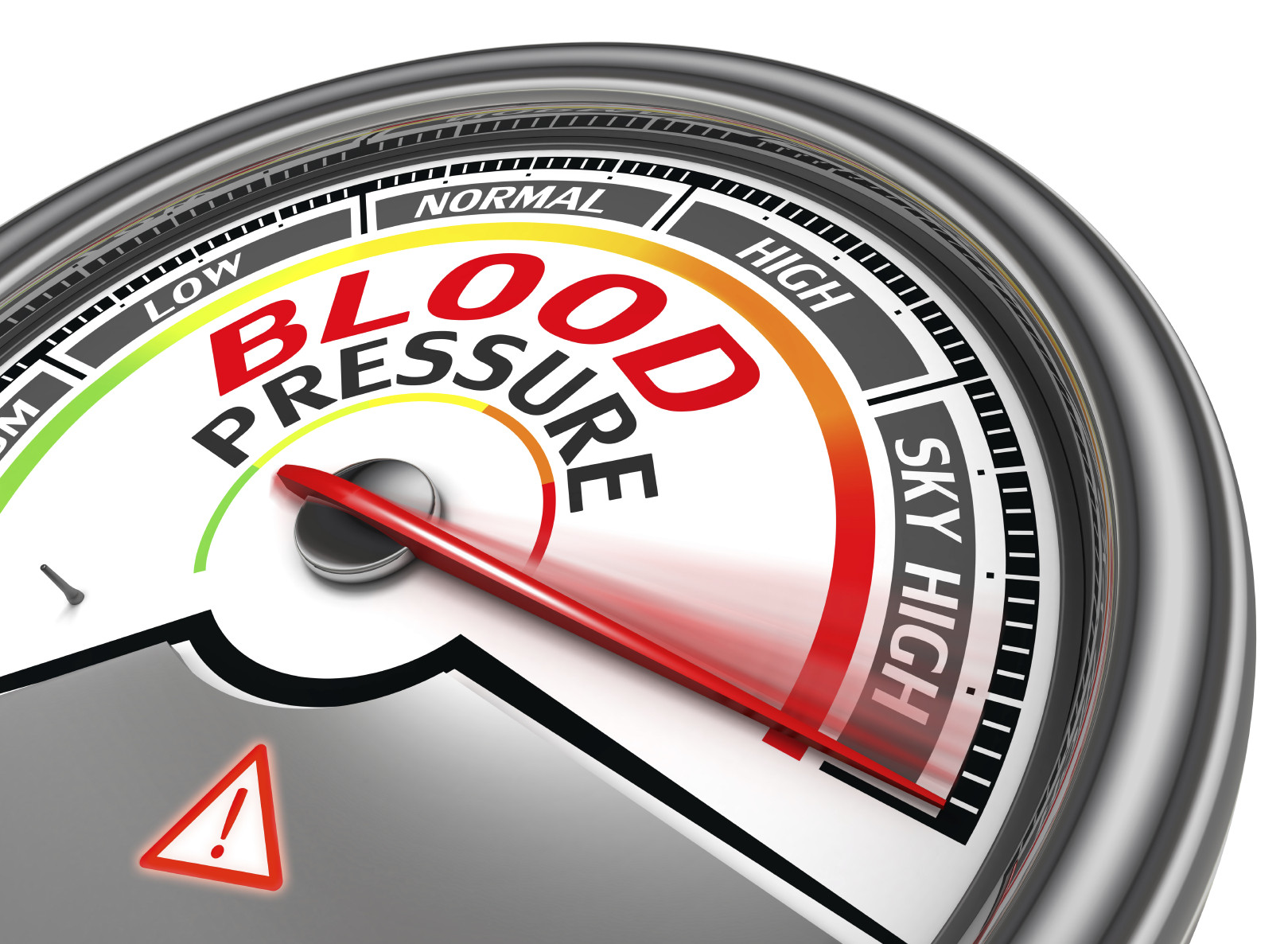High blood pressure, also known as hypertension, occurs when the force of blood against the artery walls is too high. It is often referred to as the “silent killer” because it can go unnoticed for years while silently damaging your heart, blood vessels, and other vital organs. Although genetics and age can influence hypertension, lifestyle choices play a significant role in its development and management. Surprisingly, the winter season can exacerbate the risk of hypertension due to several common lifestyle mistakes. Keep reading to learn about these common mistakes and determine if you are making any of them.
Lack of physical activity
In the winter, many people tend to become less active. The colder temperatures and shorter days can encourage you to skip your workout and snooze under the covers. However temporarily comforting, lack of exercise and a sedentary lifestyle can lead to weight gain, increased stress, and reduced cardiovascular fitness, all of which contribute to elevated blood pressure. Maintaining a consistent exercise routine, even during the winter, is essential for managing hypertension. Engage in indoor workouts or join a gym to stay committed to physical activity even in colder months.
Overeating your comfort food
Winter is synonymous with comfort foods, often high in sugar, salt and calories. Whether it is leftover pizza or hot chocolate, our consumption often increases in winter. Further, your go-to snacks including canned soup, chips and frozen meals can lead to increased sodium intake and weight gain. Excessive salt consumption is a known risk factor for hypertension, as it can cause the body to retain water, increasing blood pressure. Make sure you mostly eat home-cooked food, manage portion control and eat plenty of fruits and vegetables.
Not drinking enough water
It’s a common misconception that dehydration is primarily a concern during hot summer months. However, in the winter, people may not feel as thirsty and, consequently, drink less water. Dehydration can cause blood pressure to rise, as the body attempts to conserve water by constricting blood vessels. To stay properly hydrated in the winter, it’s essential to continue drinking water regularly, even if you don’t feel as thirsty as in the summer. Hot beverages like herbal teas and warm water can also help maintain adequate hydration levels.
Increased stress
The winter season can bring added stress due to holiday preparations, family gatherings, and weather-related concerns. Stress is a known trigger for hypertension, as it activates the body’s “fight or flight” response, leading to an increase in blood pressure. Practising stress management techniques, such as meditation, yoga, and deep breathing exercises, can be particularly beneficial during the winter to help maintain blood pressure within a healthy range.

